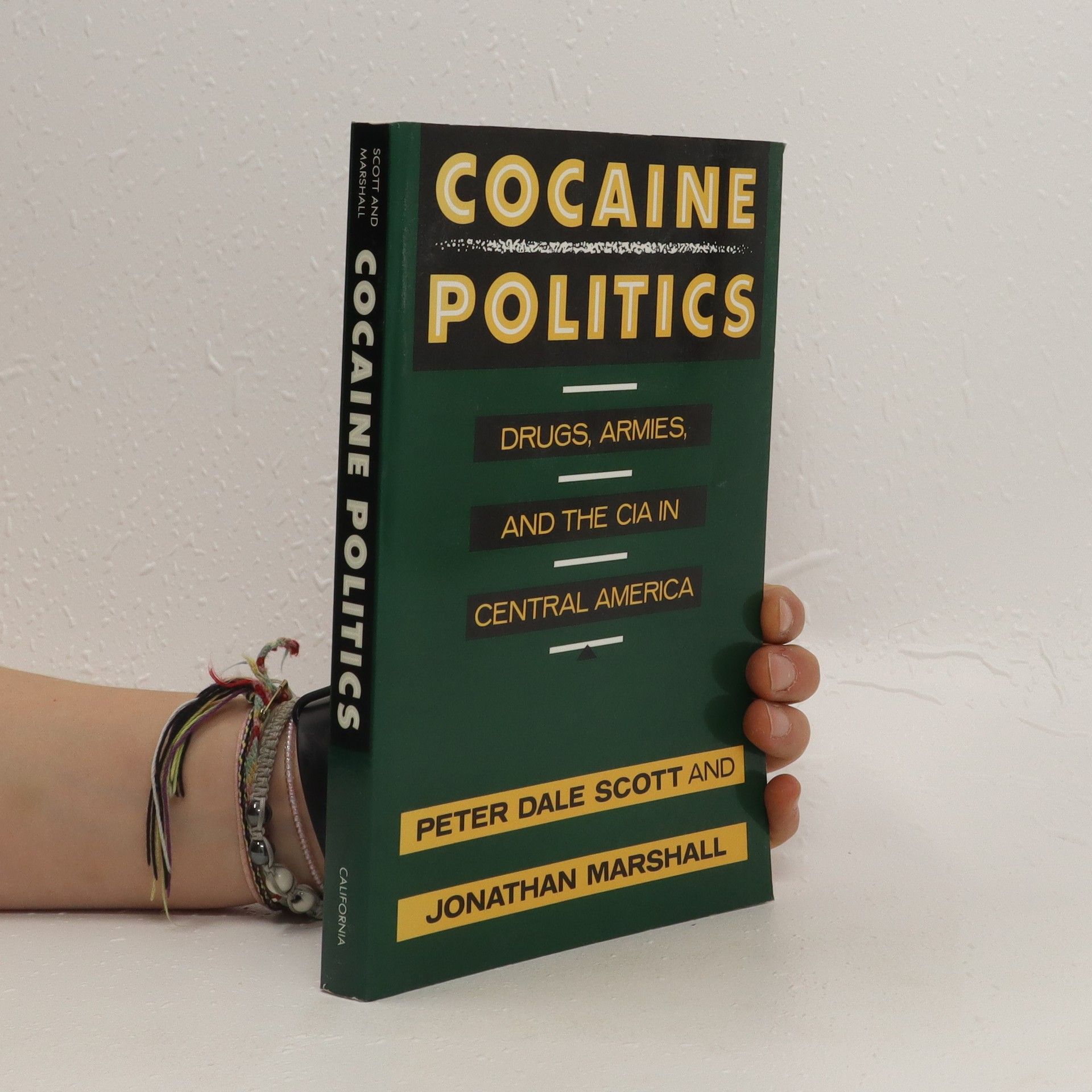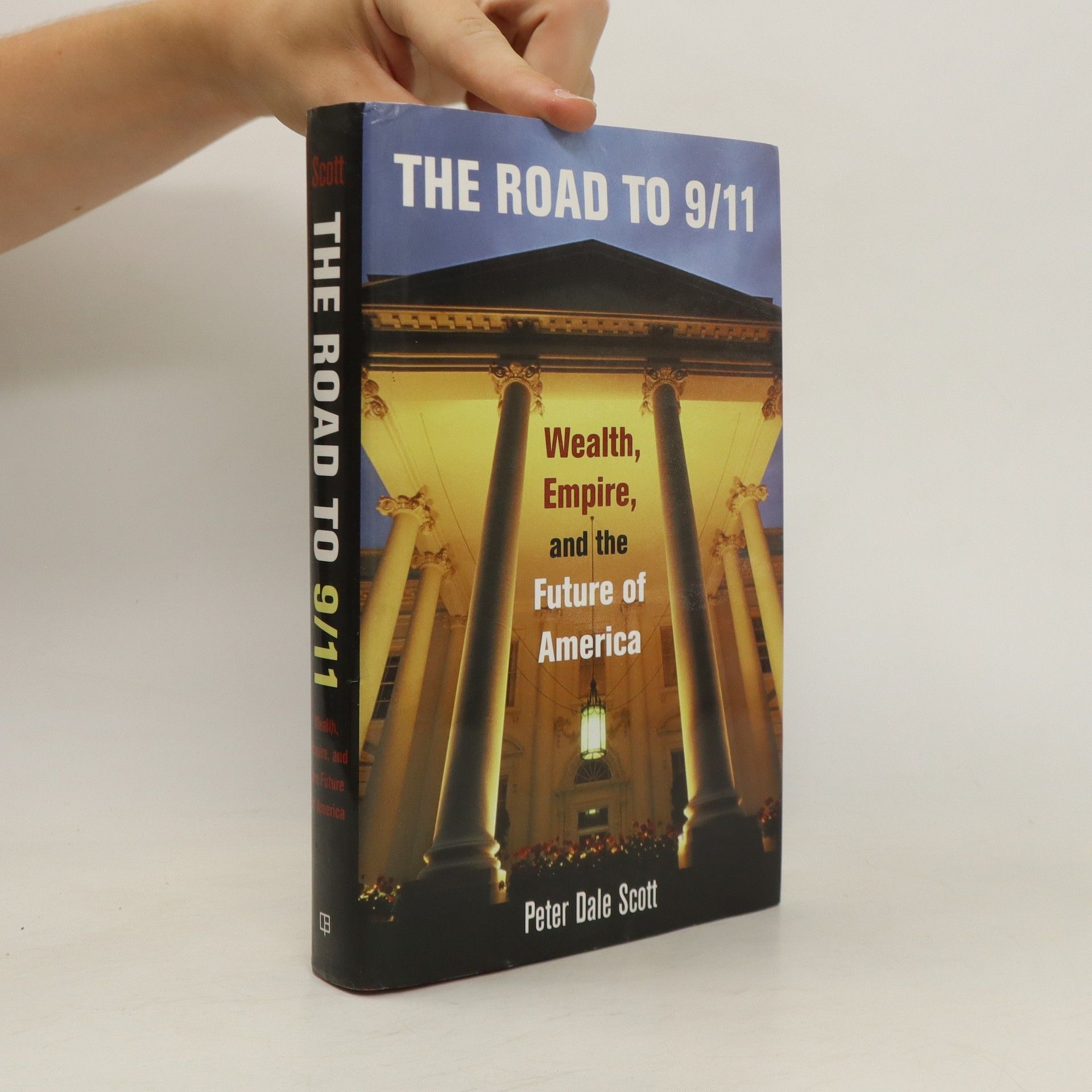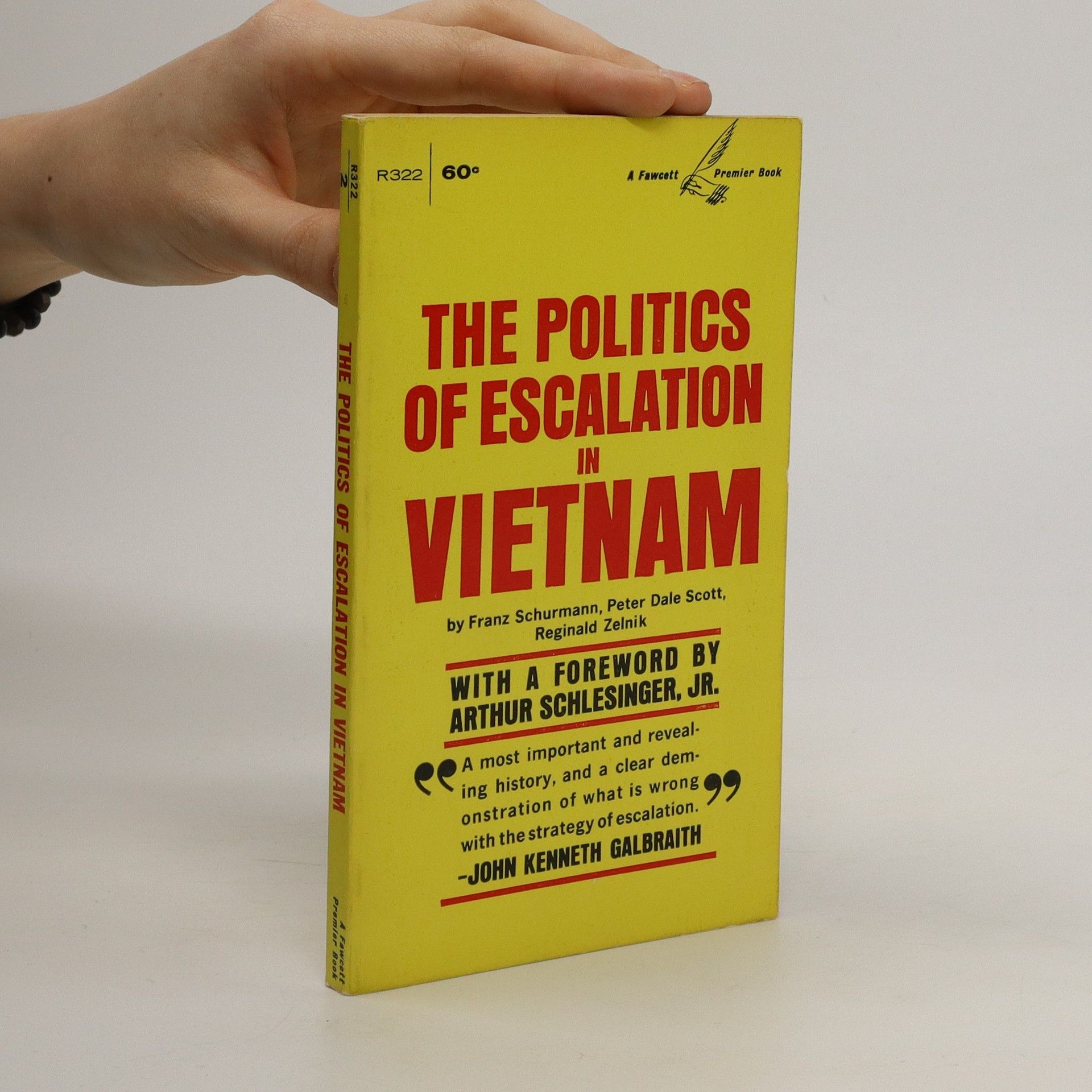Exploring the interplay of poetry with history, philosophy, religion, and politics, this work reflects decades of contemplation by a significant contemporary poet. It delves into the role of poetry throughout human history and examines the complexities of the shared human experience, offering profound insights into the fate of poetic expression in society.
Peter Dale Scott Book order (chronological)






Exploring the literary contributions and life of Nobel Prize-winning poet Czesław Miłosz, this work delves into various themes and topics surrounding his poetry. It offers a personal narrative that highlights the author's own experiences and collaborations with Miłosz during the 1960s, providing insights into their relationship and the impact of Miłosz's work on contemporary literature.
This is an ambitious, meticulous examination of how U.S. foreign policy since the 1960s has led to partial or total cover-ups of past domestic criminal acts, including, perhaps, the catastrophe of 9/11. Peter Dale Scott, whose previous books have investigated CIA involvement in southeast Asia, the drug wars, and the Kennedy assassination, here probes how the policies of presidents since Nixon have augmented the tangled bases for the 2001 terrorist attack. Scott shows how America's expansion into the world since World War II has led to momentous secret decision making at high levels. He demonstrates how these decisions by small cliques are responsive to the agendas of private wealth at the expense of the public, of the democratic state, and of civil society. He shows how, in implementing these agendas, U.S. intelligence agencies have become involved with terrorist groups they once backed and helped create, including al Qaeda.
Die Drogen, das Öl und der Krieg
- 368 pages
- 13 hours of reading
Peter Dale Scott untersucht die verborgenen Interessen hinter den außenpolitischen Engagements der USA und den militärischen Offensiven seit dem Zweiten Weltkrieg. Er hinterfragt die offizielle Rhetorik über Menschenrechte, Frieden und Demokratie und beleuchtet, wem der Krieg gegen die Drogen tatsächlich dient. Als ehemaliger Diplomat und Hochschullehrer kennt Scott die Kräfte, die politische Entscheidungen beeinflussen. Er argumentiert, dass die militärischen Konflikte, in die die USA verwickelt waren, oft dem Ziel dienten, ausländische Ölvorkommen zu sichern. Um dies zu erreichen, gingen US-Organisationen sogar Allianzen mit internationalen Drogenhandelsnetzwerken ein, was zu einem Anstieg des Drogenkonsums führte. Zudem wurden ausländische Terrorgruppen von der CIA ausgebildet, was oft verheerende Folgen hatte. Scott zeigt auf, dass die Unterstützung der USA für die Nordallianz in Afghanistan, die nach der Vertreibung der Taliban den Mohnanbau vervielfachte, in Washington akzeptiert wurde. Er analysiert die geheimen Muster der US-Politik, die auf Irreführung und Betrug basieren, und wie diese nicht nur den internationalen Drogenhandel und Terrorismus gefördert, sondern auch die Demokratie und Gesellschaft in den USA geschädigt haben. Die Studie wird als tiefgreifende und originelle Analyse der amerikanischen Außenpolitik angesehen.
Drugs, Oil, and War
The United States in Afghanistan, Colombia, and Indochina
- 248 pages
- 9 hours of reading
The book delves into the intricate connections between U.S. foreign policy and the global drug trade, revealing how drug-trafficking alliances have influenced interventions from Vietnam to Iraq. Scott examines the concept of parapolitics, where covert actions lead to unforeseen consequences, and emphasizes the need for a shift towards 'soft politics'—a strategy of persuasion and nonviolence. He argues that American influence relies not only on military might but also on softer forms of power, highlighting the complexities of U.S. involvement in global conflicts.
Minding the Darkness: A Poem for the Year 2000
- 264 pages
- 10 hours of reading
The final volume of Peter Dale Scott's trilogy, Minding the Darkness, delivers a powerful conclusion to his epic poem that intricately weaves political and personal themes. With its hypnotic style, the work features vivid imagery, a Poundian collage structure, and tightly crafted three-line stanzas. Critics have hailed it as one of the most significant long poems published by New Directions, drawing comparisons to the works of Robert Duncan and William Carlos Williams. This volume encapsulates the unique and challenging nature of Scott's literary vision.
Cocaine politics : drugs, armies, and the CIA in Central America
- 260 pages
- 10 hours of reading
Now in paperback, this penetrating account of the real drug war will lead readers to demand a more thorough accounting of foreign policy. "Scott and Marshall call for immediate action to end Washington's complicity. Their heavily documented book deserves a wide audience".--Publishers Weekly.

